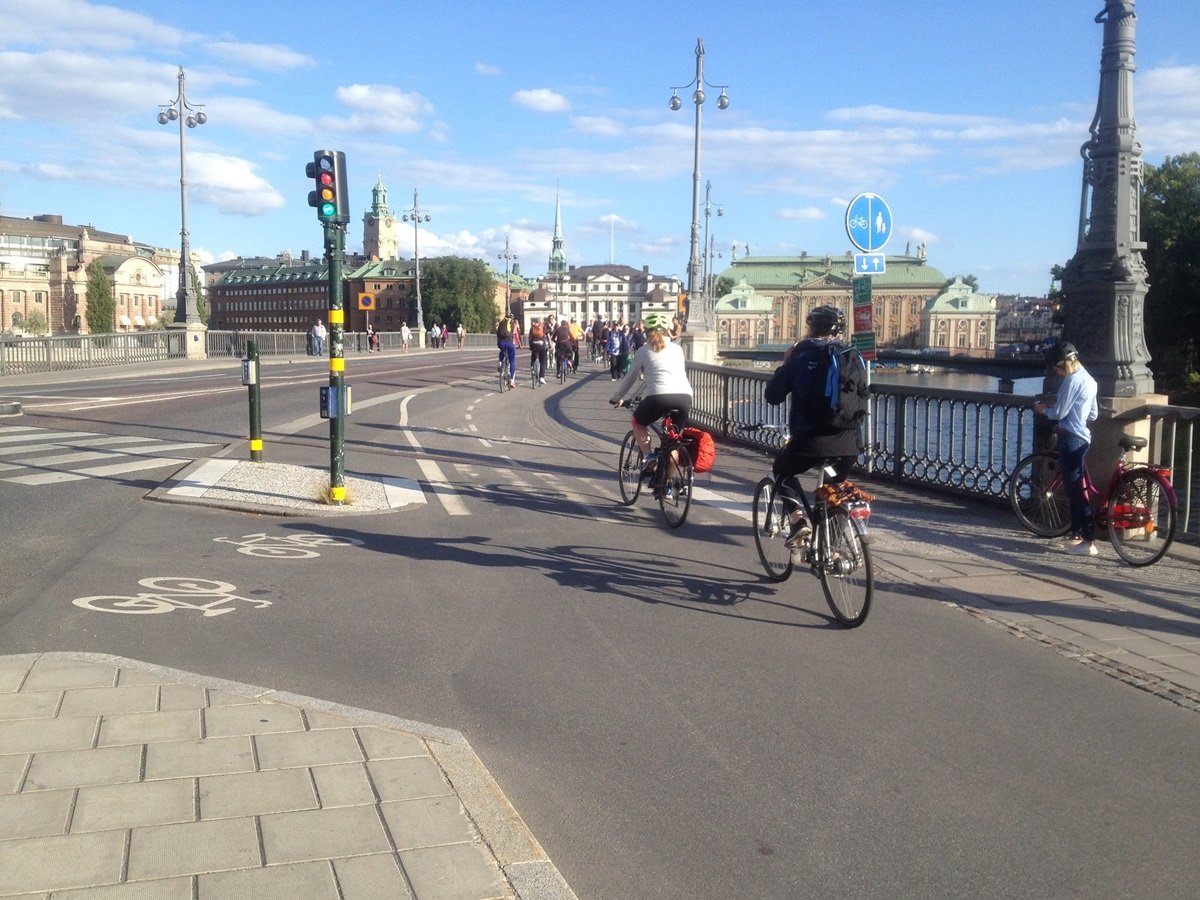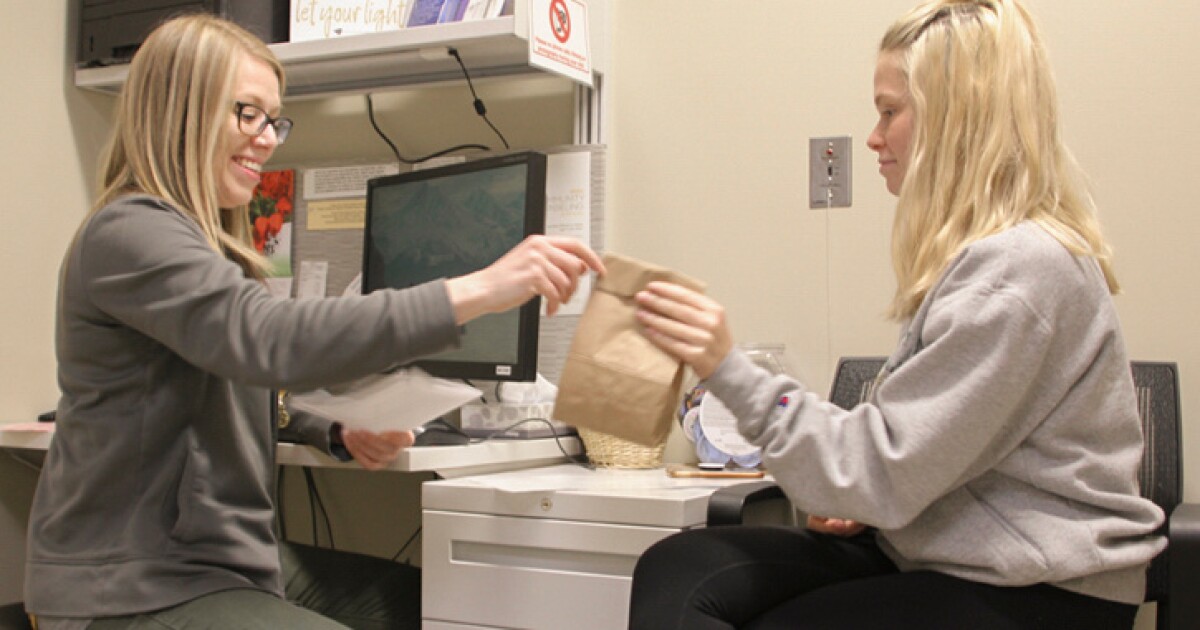[ad_1]
A series of interviews conducted with the Regions for Health Network (RHN) focal points indicate that achieving health equity is key to improving health and essential to sustainable development. Since 1993 the RHN has helped regions to accelerate the delivery of improved population health. The Network is instrumental in finding equitable solutions that leave no one behind.
The WHO European Office for Investment for Health and Development based in Venice, Italy, has taken on a leading role in supporting Member States to monitor progress towards more equitable health care. The Venice Office spoke with three regional focal points to better understand how their region is tackling health inequity and how WHO/Europe can support them in achieving their strategic health goals.
Sweden addresses health inequity in development strategies
Like many other countries in the region, Sweden has included actions to address health inequity in its development strategies to build fairer and healthier societies. For example, in the Västra Götaland region, reducing health inequity is a goal shared by many sectors, including health care, environment, culture, external relations, sports, and human rights.
“Our national public health strategy is shaped around achieving health equity. The human rights sector also focuses on leaving no one behind and reaching the most vulnerable,” explained Charlotta Sundin-Andersson, Regional Development Officer for Public Health.
Bulgaria improves the lives of children with disabilities
Since the 1990s the Varna region, situated in the northeast of Bulgaria, has been leading the way in improving the lives of children with disabilities.
“In the early nineties a group of mothers of children with disabilities registered one of the first nongovernmental organizations (NGOs) in Varna. In the same period Ivan Stancioff, then Minister of Foreign Affairs, established the Karin Dom foundation, donated his family home, and decided to provide financial support to improve the lives of children with disabilities,” said Associate Professor Klara Dokova from the Faculty of Public Health, Department of Social Medicine and Health Care Organization, Medical University in Varna, Bulgaria.
These efforts culminated in an extensive network of NGOs across the Region, covering people with disabilities from all age groups. The Regional Government has also delegated to the Network various services for people with disabilities, including part-time day care, home-based services, and visits.
The community has also found ways to support young people from social institutions who are over the age of 18 and no longer receive financial support from the government. The Social Teahouse, for example, is the first sheltered workplace for young people from social institutions and complex social environments. It equips them with tools and allows them to grow personally and professionally, and live an independent life.
Belgium focuses on socioeconomic status
In some regions health equity is addressed in practice, even though it is not mentioned in policies. For example, Belgium’s Flanders region has a comprehensive strategy that lays out actions for different target groups covering the most vulnerable, including marginalized communities and young people.
“The only way to improve people’s health is by looking at social determinants. Therefore, the region has been implementing the multiannual goal that ‘every citizen of Flanders will be healthier by 2025’. This means focusing on diseases and how people live and their surroundings. Therefore, it is driven by health as an investment,” explained Solvejg Wallyn, Policy Officer for International Health Issues from Flanders.
The Ministry of Labour and Employment and the Ministry of Education work closely together to harmonize actions to ensure healthier and more equitable lives. In addition, the regional government cooperates with partner organizations on health promotion, for example, with NGOs providing people experiencing homelessness with access to health care, regular medical check-ups, and vaccinations.
Achieving health equity is a key ask of the three core pillars of the European Programme of Work, 2020–2025 – “United Action for Better Health”: better health and well-being; more people with universal health coverage; and more people better protected from health emergencies. WHO/Europe will continue to work closely with Member States, providing them with the analyses, tools, and data-based evidence to ensure a fairer and better future for all.
[ad_2]
Source link



